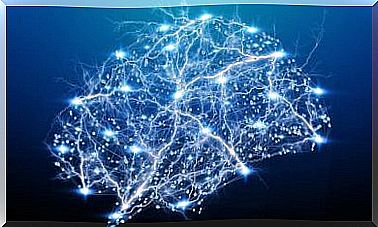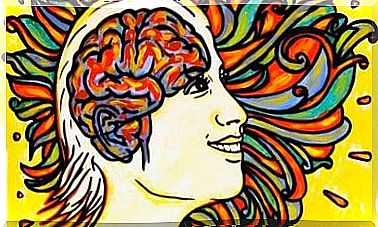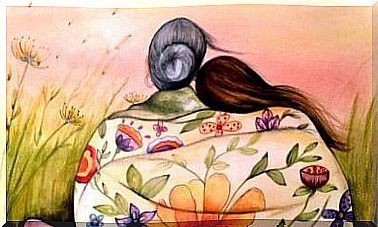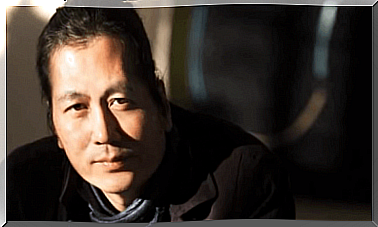5 Anxiety Myths You Need To Know
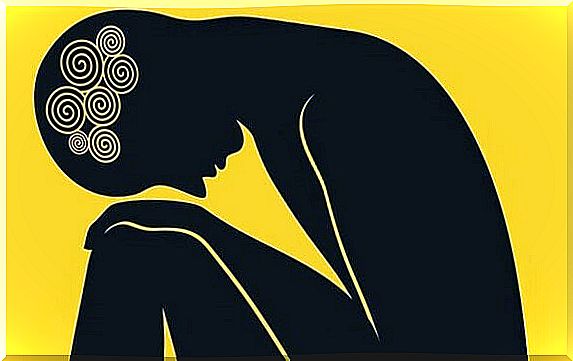
Some myths are still the order of the day about anxiety and they do not benefit those who live with this demon, with this entity that devours our calm and our vital balance. No one chooses their own disorder, disease, or pet peeve from which it is so difficult to emerge if our environment is not conducive to it. Misconceptions and even hurtful ideas continue to spread even today: myths about anxiety.
In the news, where social movements are constantly developing to demand rights or better visibility of realities that were until then relegated to the background and repression, something else has happened and we must be aware of it. Under the title ” Me, I did not choose my disease “, we try to put on the table the situation experienced by many people who struggle on a daily basis against depression, bipolar disorder, post-traumatic stress, anxiety disorders. , etc. These are people who in a way are made to feel guilty and responsible because they have not chosen the suffering they are undergoing.
Doing it, making it visible and evoking this movement is important. It is first because a large part of the population is still navigating the unknown waters of mental disorders and illnesses. Thus, we cannot forget that to innocence we must add the weight of prejudice.
None of this helps the person trying to find out what’s going on. In fact, in many cases this is a barrier to seeking help by asking “what are they going to say”. In this way, the only thing that is achieved is the persistence of the states until they cause the maximum level of suffering, and until they become totally disabling. None of this is admissible and acceptable. So, something very simple is to know and clarify the terms and to make this type of reality visible in order to give rise to more favorable circumstances.
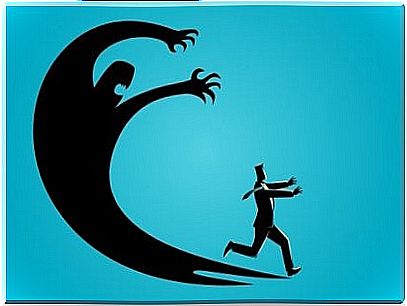
1.Anxiety is only a chemical imbalance
Today, many health professionals maintain the fact that anxiety responds “exclusively” to a simple chemical imbalance in our brain. It should be said that this is a half truth, in other words, an incomplete principle which we cannot consider to be valid.
The reason ? We know that providing a patient with pharmacological treatment to regulate serotonin production makes that person feel good. In contrast, the drug by itself fails to achieve full and lasting recovery. In many cases, symptoms go away only when treatment is continued.
The fact that anxiety is solved by chemistry alone is not always proven. We need more strategies that can complement treatment.
2. If my parents suffered from anxiety disorders, I will also suffer from it.
This is another of the very common anxiety myths: attributing genetic predisposition to all of our problems, illnesses and disorders. This is not adequate and it is necessary to qualify the matter: the risk may be increased, a small probability but never an absolute determination. In any case, we can always resort to precautionary means.
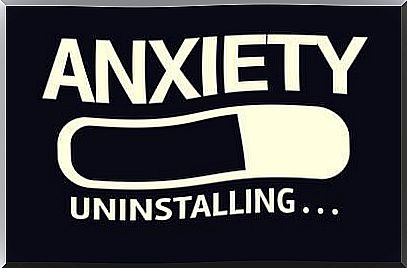
3. If I suffer from anxiety it is because I am doing something wrong in my life.
Generalized anxiety disorder is one of the most common mental illnesses. The impact it has on people’s lives is immense, chaotic and tiring. Thus, the fact that a relative of the patient tells him that he suffers from this reality and that he is responsible for it because “he does things badly” will increase his discomfort and his desire to find solutions will decrease.
First, let’s remember that anxiety is part of human nature. Nevertheless, certain events of the environment, of our past, or sometimes our predisposition and the way we have to face and deal with our reality can determine a more or less important risk of developing this type of disorder.
4.I’m an anxious person, anxiety is part of me and there is nothing I can do about it
This is arguably one of the most common anxiety myths. There are those who think that anxiety is part of their own personality and therefore there is nothing they can do about it, that no therapy and no treatment can fix it. They think it is, and that’s it. They identify anxiety as part of their being, as an emotion emanating from their personality.
Let’s change our perspective and take a more realistic, logical and optimistic view of anxiety and some other disorder. We can all integrate new styles of reasoning and better manage our emotions, change our behavior, our habits and even reprogram our brain to calm it down and improve its concentration …
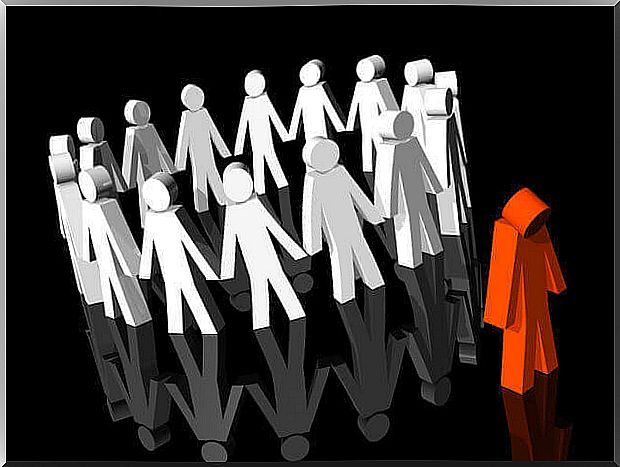
5.Deep Relaxation Alone Can Solve My Anxiety Disorder
Anxiety disorders can’t be solved like there’s an answer to a riddle – they are self-treatable. The word “treatment” has various meanings that it is necessary to know:
- It is active work on the part of the psychologist but above all of the patient.
- Treatment involves learning a series of strategies that the person will always apply, not just when they feel better. We must maintain this state of recovery if it is to continue.
- At the same time, it is vital to understand that treating anxiety does not involve just one technique. Because treatment means research, it means a combination of different strategies: deep relaxation, psychotherapy, behavior modification, meditation, sport, the practice of new passions …
In summary, deep relaxation helps, but more resources must be used to achieve full and permanent recovery. We could say that sometimes we will need more strategies on this journey of finding the truth that helps us, which will really allow us to calm despair, extinguish fears, and deal with our concerns more validly.
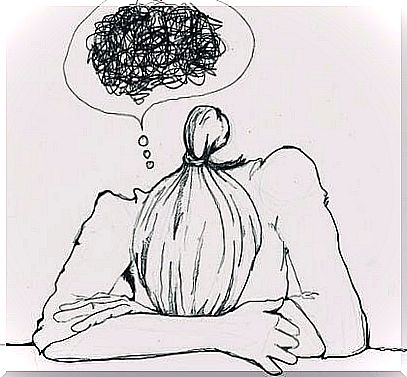
In conclusion, the myths about anxiety help to make it more difficult to work on therapy and normalizing a disease that can be treated successfully. Let us not forget that in the news we regard anxiety as an epidemic, which has a major impact on the young population. Thus, it is necessary to increase the principles of prevention, to facilitate the strategies allowing to understand that the mind does not have to go faster than life.



